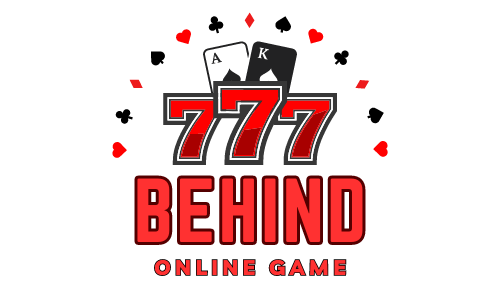In a world filled with diverse forms of entertainment, games stand out as a timeless and universal medium that captivates people of all ages and backgrounds. Whether it’s the thrill of competition, the immersion of storytelling, or the challenge of problem-solving, games offer a unique avenue for engagement and enjoyment. From ancient board games to cutting-edge virtual reality experiences, the landscape of games has evolved significantly over the years, reflecting the ever-changing interests and innovations of society.
The Evolution of Games: From Ancient Pastimes to Modern Marvels
Games have been an integral part of human culture for thousands tokyo88 of years, with early civilizations developing various forms of entertainment to pass the time and foster social interaction. Ancient games like Senet in Egypt, Go in China, and Mancala in Africa demonstrate the enduring appeal of strategic gameplay and tactical thinking.
As societies progressed, so too did the complexity and diversity of games. The invention of playing cards in China during the Tang Dynasty and their subsequent spread to Europe paved the way for card games like Poker and Bridge, which remain popular to this day. Meanwhile, the 20th century witnessed the rise of board games such as Monopoly, Scrabble, and Risk, which became household staples and cultural phenomena.
However, perhaps the most revolutionary development in the world of games came with the advent of digital technology. The rise of video games in the latter half of the 20th century transformed the medium, offering immersive experiences that combined interactive gameplay with captivating narratives and cutting-edge graphics. From classic arcade games like Pac-Man and Space Invaders to modern blockbusters like Fortnite and The Legend of Zelda series, video games have become a dominant force in global entertainment, generating billions of dollars in revenue and inspiring generations of players.
Exploring the Diversity of Games: From Casual Pastimes to Competitive Esports
One of the defining features of games is their incredible diversity, encompassing a wide range of genres, styles, and platforms. Whether you’re a casual player looking to unwind with a simple mobile game or a hardcore enthusiast seeking the adrenaline rush of competitive esports, there’s something for everyone in the world of games.
Casual games, such as Candy Crush Saga, Angry Birds, and Among Us, are designed for quick and accessible gameplay, making them perfect for killing time on a commute or relaxing at home. These games often feature intuitive controls, vibrant graphics, and addictive mechanics that keep players coming back for more.
On the other end of the spectrum, competitive gaming, or esports, has emerged as a major phenomenon in recent years, drawing millions of viewers and offering lucrative opportunities for skilled players. Titles like League of Legends, Counter-Strike: Global Offensive, and Dota 2 have become synonymous with professional gaming, with top players competing in high-stakes tournaments for fame and fortune. Esports organizations, sponsorships, and even dedicated stadiums have sprung up around the world, underscoring the growing legitimacy and mainstream acceptance of competitive gaming as a legitimate sport.
The Power of Games: Fostering Creativity, Collaboration, and Connection
Beyond their entertainment value, games have the power to inspire creativity, foster collaboration, and forge meaningful connections between people. Whether it’s through the shared experience of playing a cooperative board game with friends, collaborating on a Minecraft build with strangers online, or participating in a team-based esports tournament, games have a unique ability to bring people together and break down barriers.
Moreover, games can also serve as powerful educational tools, helping players develop valuable skills such as problem-solving, critical thinking, and teamwork. Educational games like Math Blaster, Civilization, and Kerbal Space Program demonstrate how games can combine learning and play in innovative ways, engaging players in complex subjects and encouraging exploration and experimentation.
In conclusion, games occupy a special place in the fabric of human culture, offering a rich tapestry of experiences that entertain, challenge, and inspire. From ancient board games to modern video game epics, the world of games continues to evolve and expand, driven by innovation, creativity, and a passion for play. Whether you’re a casual gamer, a competitive esports athlete, or simply someone who enjoys the occasional game night with friends, there’s no denying the profound impact that games have on our lives and our collective imagination.
